
04 Desember 2025
Alimatul Qibtiyah: Pejuang Kesetaraan Gender yang Gigih
Professor Alimatul Qibtiyah has been working at the intersection of gender and Islam for over three... Baca selengkapnya
Australia Awards adalah beasiswa dan studi singkat bergengsi yang bersifat transformatif, diberikan kepada para pemimpin masa depan untuk menempuh studi, penelitian, dan pengembangan profesional di Australia
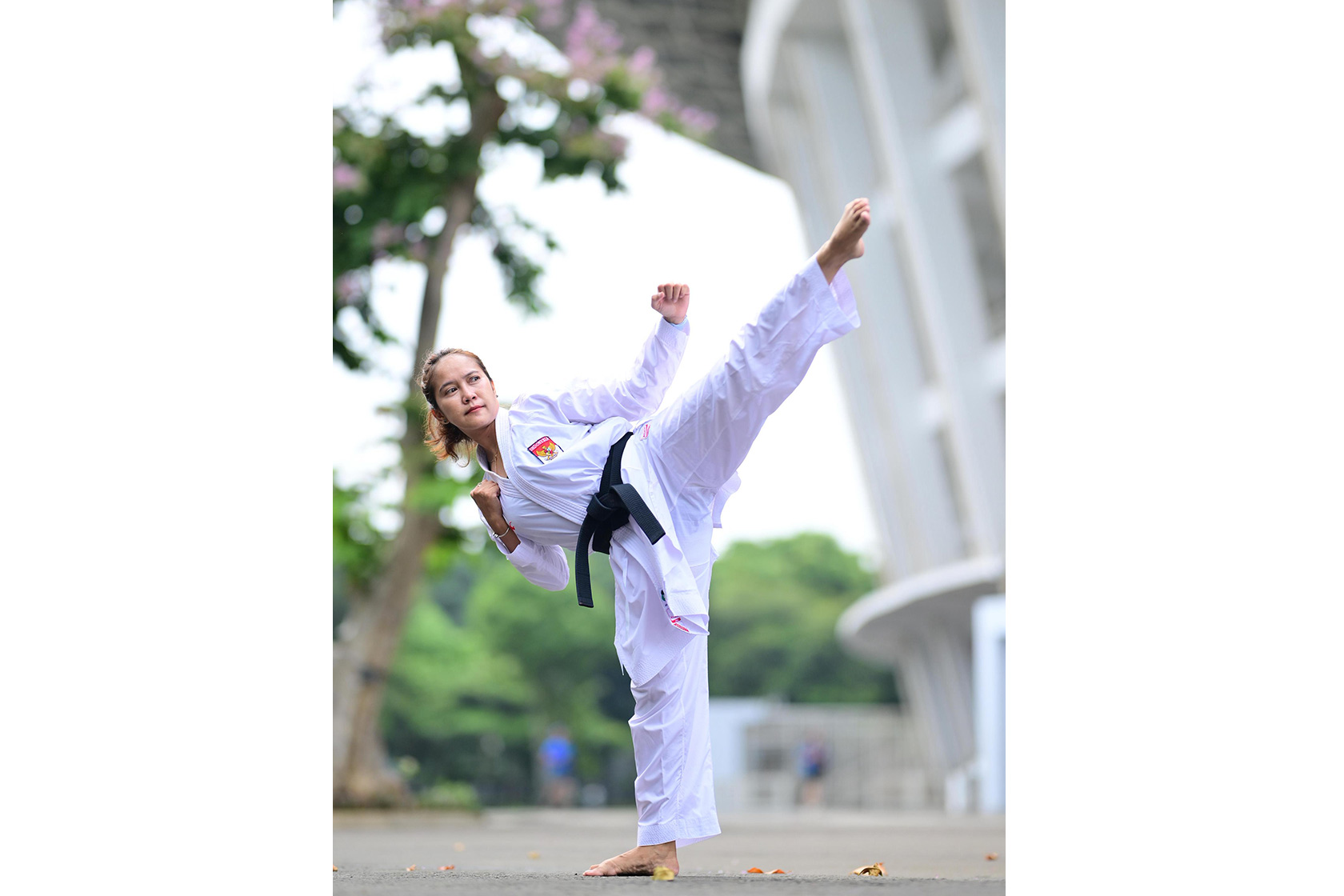
20 Oktober 2025
 Telly Melinda: Membangun Komunitas Pecinta Olahraga, Dimulai dari Anak Muda
Telly Melinda: Membangun Komunitas Pecinta Olahraga, Dimulai dari Anak Muda
After years of training to represent Indonesia in karate, Telly Melinda is now dedicated to involving young people in sport to build healthy habits and stronger communities.
The 2005 SEA Games gold medallist works at the East Jakarta Youth and Sports Agency, where programs focus on the well-being and development of young people through sports.
In July 2025, Telly participated in an Australia Awards Short Course ‘Advancing Indonesia's Sports Industry: Opportunities and Strategies for Growth’ delivered by Melbourne Business School. It was a chance to see the entire sports ecosystem in Australia up close, from the community level where Telly works, to the international arenas.
Over two weeks, Telly and other participants met with Australian sports industry players in Melbourne, Canberra and Brisbane, including the Australian Sports Commission and the Australian Institute of Sport. They visited world-class facilities, such as Marvel Stadium in Melbourne, Melbourne Park and saw preparations for the 2032 Brisbane Olympic Games.
‘The sports industry has grown rapidly. Sports are not only a means of competition and entertainment but also an opportunity for the economy, with great potential for creating jobs. That's what I feel here, and I saw it in Australia too,’ said Telly.
‘Australia is known for having an advanced sports ecosystem. The situation in Indonesia is different. I wanted to learn how to address sports-related issues in my home country using best practices from Australia, but with an approach tailored to the Indonesian context.’
Gathering Information on Athlete Development
After years of involvement with Indonesia’s national karate team, Telly was curious and keen to learn more about athlete development in Australia, which she described as ‘quite extraordinary’.
‘I wanted to understand how they were able to build such a system. Then, how can that approach be developed here,’ said Telly.
What she discovered in Australia was that involvement in organised sport started from the community and family level. Healthy lifestyle habits in families and communities could often plant the seeds of athletes who would later strengthen the national team in various sports.
Telly was inspired by what she found. However, she realised that there were major obstacles to implementing this in East Jakarta. For example, the densely populated area has only one sports hall.
‘Indeed, the problem in Jakarta, especially in this sub-district, is inadequate facilities. When it comes to human resources or awareness, the community’s enthusiasm for sports is high, both among children and adults,’ said Telly.
Growing Awareness on Accessibility and Sport
Another powerful lesson that Telly took away from the Short Course was about sport and inclusion. In Australia, the Australian Sports Commission leads the Play Well Strategy, which outlines everyone’s right to participate in sport. One of its priorities is to activate spaces with good facilities so that people can have safe and enjoyable sporting experiences.
‘They are accessible. They are in parks or sports halls. Some are in the form of clubs. But the point is that they utilise these excellent facilities and are also supported by the government,’ said Telly.
‘In Indonesia, the lack of these facilities reduces awareness of sport. For example, because sports facilities are difficult to access, one of the things that comes to mind for people is how much it will cost to get there or rent the venue.’
Telly also observed how sports facilities could cater to people with disabilities, both with equipment and space for people to participate in sports, and opportunities to watch sports matches live at stadiums.
Finding New Developments in Sports Science
After participating in the Short Course, Telly is optimistic about opportunities for Indonesia to advance in sports science, for example, in relation to the treatment of injured athletes.
As an athlete who was sent home early during the 2006 Asian Games, Telly realised that injury management based on sports science principles was essential. She also noticed an interesting development in Australia.
‘They had something called a thermal chamber. It was a special room for temperature adjustment. So, when they compete in other countries, they are trained in that room, where the temperature is adjusted to match the country they are going to,’ said Telly.
‘For example, if the temperature in Australia is below 10 degrees and they have to compete in a tropical area where the temperature can reach 30 degrees in the near future, they enter that room to adjust to the temperature and humidity. They can spend up to two hours training there each day.’
With this technology, athletes didn’t need to travel to the destination country well in advance to acclimatise. Athletes could get adequate rest and reduce costs, Telly noted and were well prepared as a result.
Planning for Future Generations of Players
Telly realises that implementing everything she learned in Australia will not happen overnight. She plans to start making small steps towards a more inclusive and sustainable sports ecosystem that will eventually attract more partners and sponsors.
‘Rome wasn't built in a day. So, I hope that maybe in five or ten years' time we can be like that,’ said Telly.
She will begin initiating activities at the sub-district level and encourage more residents to participate in sports activities organised by the East Jakarta Youth and Sports Agency. In addition, she will implement a monitoring and evaluation system to ensure the quality of the programs continues to improve.
‘Sport is important,’ Telly explained. ‘Not only for a healthy lifestyle, but also for achieving success and bringing honour to Indonesia’.
As Indonesia commemorates Hari Sumpah Pemuda (Youth Pledge Day), Telly believes that the strength of a nation lies in the spirit of its young generation. ‘I believe that a healthy, active, and united young generation can be Indonesia's greatest strength in the future.’
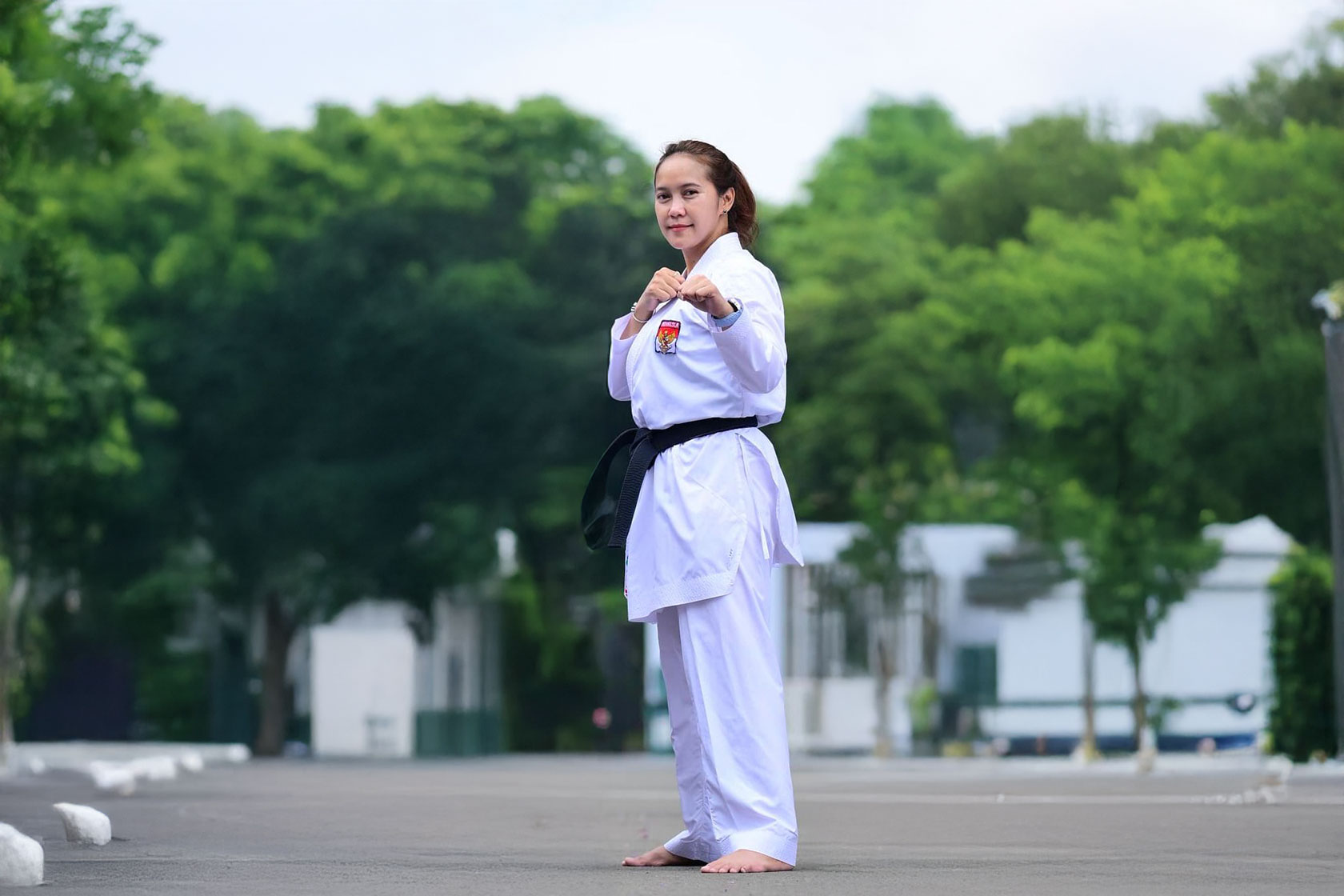
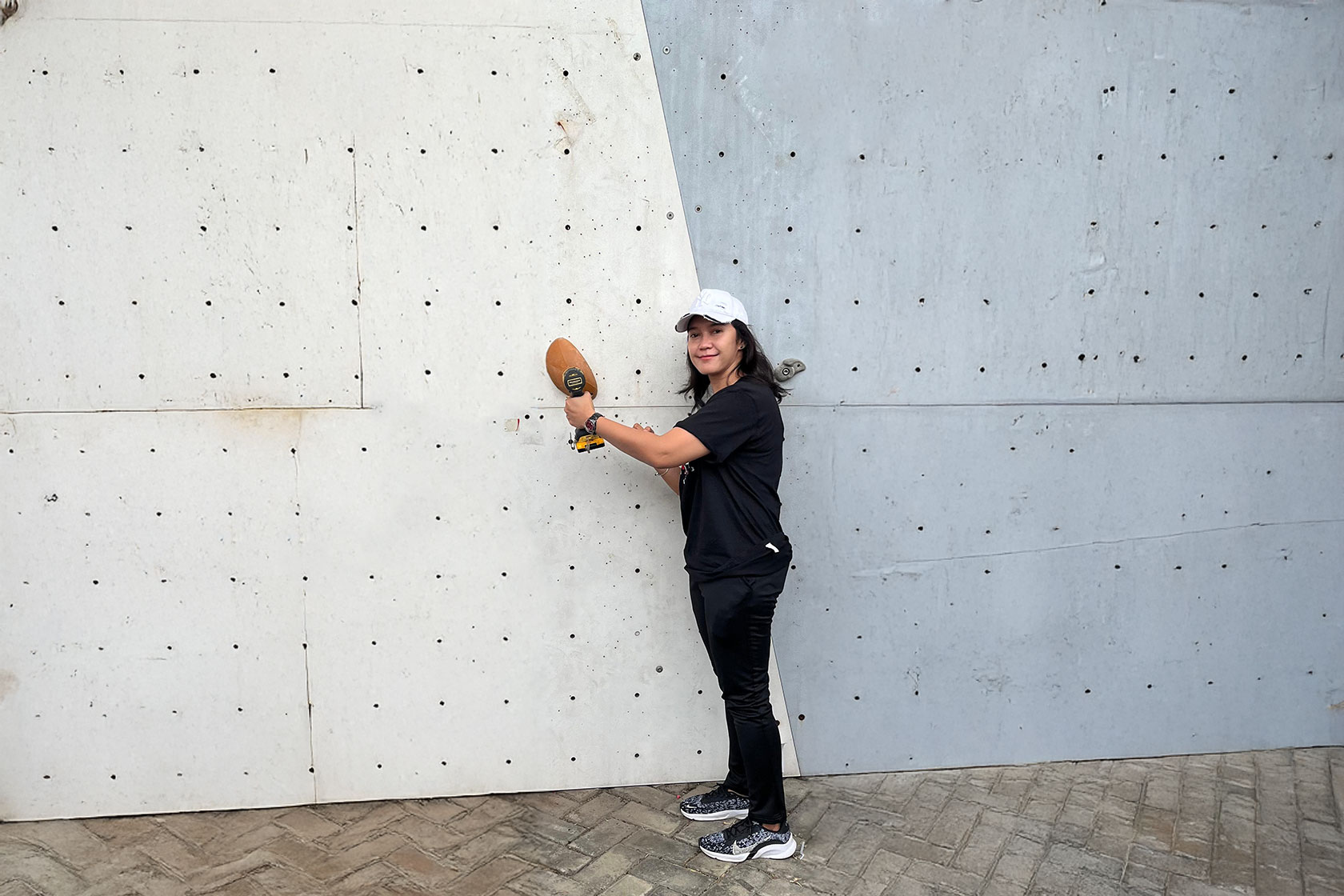
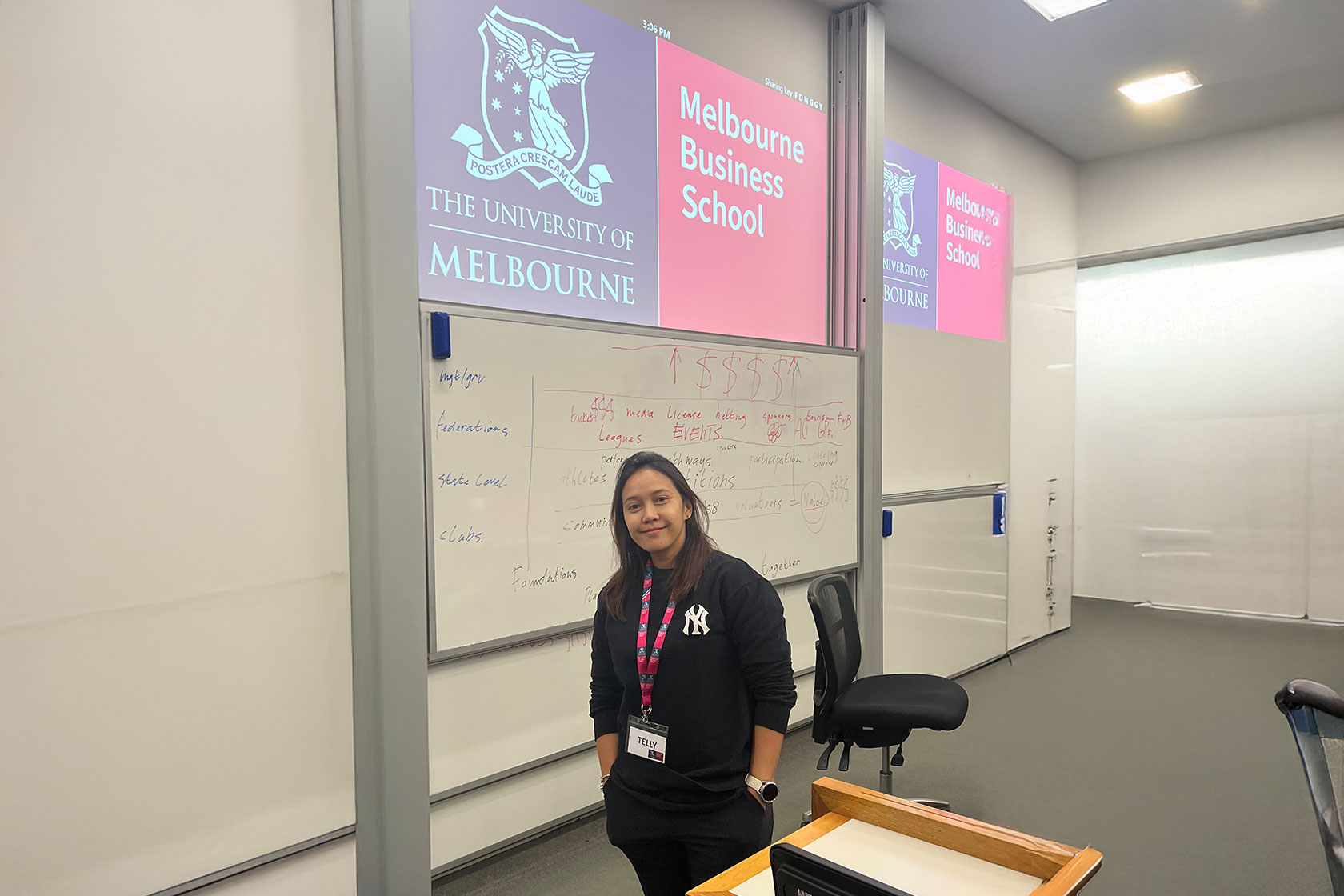
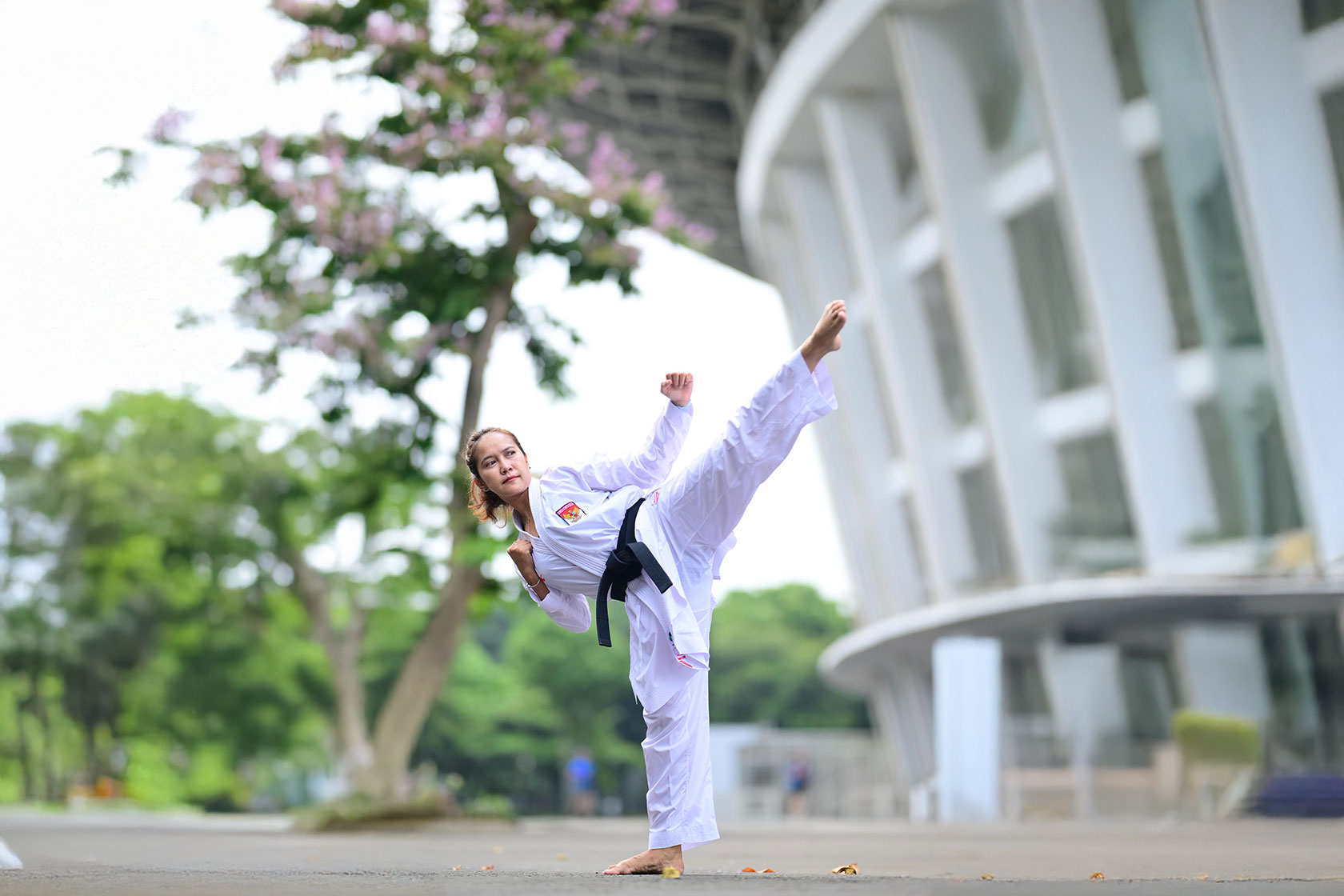
Bagikan berita ini di:
 Berita Terkait
Berita TerkaitSitus web ini menggunakan cookie untuk meningkatkan pengalaman Anda menggunakan situs web. Kami juga dapat menggunakan cookie untuk menganalisis data situs web sehingga kami dapat meningkatkan layanan online kami. Untuk mengetahui lebih lanjut, kunjungi kebijakan privasi.
